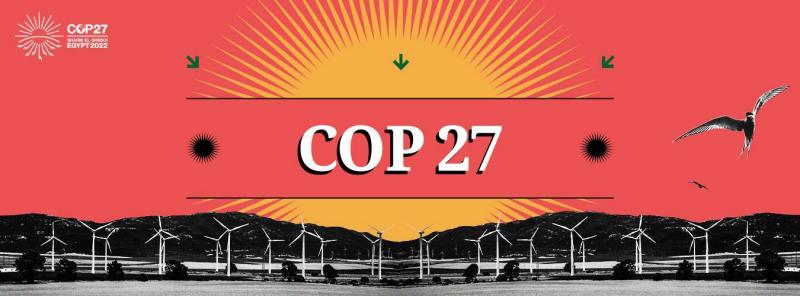A proposal to boost carbon credit production in Africa to 19 times by 2030 has attracted commitments of hundreds of millions of dollars, as Kenyan President William Ruto opened the continent's first climate summit on Monday. In one of the most anticipated deals, investors from the United Arab Emirates committed to purchasing carbon credits worth $450 million from the African Carbon Markets Initiative launched at last year's COP27 summit in Egypt.
Ruto stated to the delegations, "We must not view green growth as merely a climate necessity but also as a source of multibillion-dollar economic opportunities for Africa and the world to benefit from." African leaders are promoting market-based financing tools, such as carbon credits or compensations from projects aimed at reducing emissions, typically in developing countries, like tree planting or transitioning to cleaner fuels.
Companies can buy carbon credits to offset emissions they cannot reduce from their own operations to help achieve climate goals. One credit equals the provision or avoidance of one ton of carbon dioxide. Organizers of the three-day summit in Nairobi aim to present Africa as an investment destination for climate financing rather than a victim of floods, droughts, and famine.
African governments view carbon credits and other market-based financing tools as crucial for mobilizing funding that has slowed from wealthy donors. The carbon offset market was valued at about $2 billion in 2021, and Shell and the Boston Consulting Group predicted in January that it could reach between $10 billion and $40 billion by 2030.
Several speakers at the summit indicated that there has been little progress in accelerating climate financing because investors still perceive the continent as high-risk. According to a report released last year by the Climate Policy Initiative, Africa received only about 12% of the funds it needs to address climate impacts. Kevin Kariuki, Vice President of the African Development Bank, told Reuters that the agreements announced on Monday are "very welcome," but not sufficient.
More than 20 presidents and government officials are expected to attend the summit in Kenya starting Tuesday. Leaders plan to issue a statement outlining Africa's position before the UN Climate Conference later this month and COP28. The UAE presents itself as a leading country in climate financing in Africa.
Many African activists oppose the summit's approach to climate financing, with about 500 people staging a protest in downtown Nairobi on Monday. They argue that carbon credits are an excuse for wealthier nations and companies to continue their polluting activities, calling instead for "climate debt" repayment through direct compensation and debt relief.




